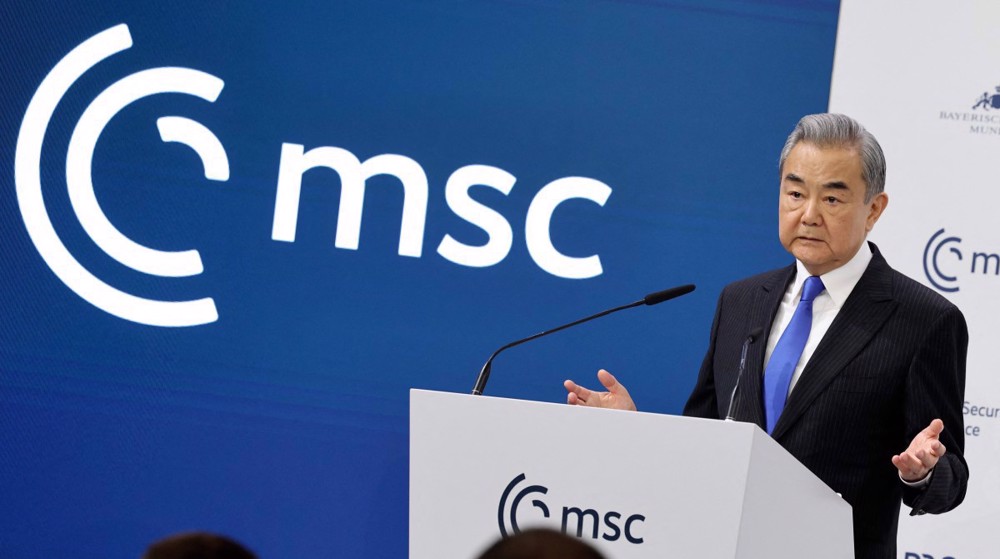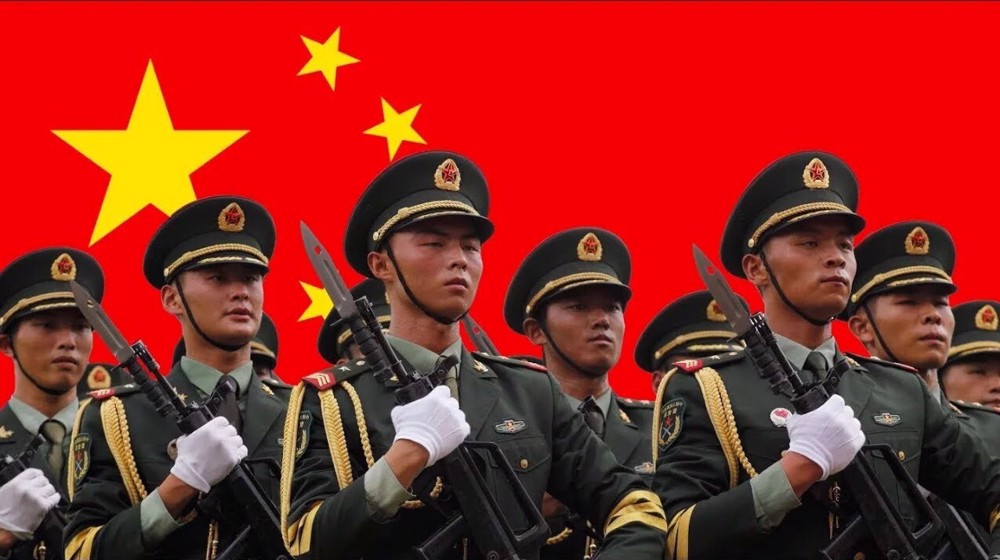Taiwan sings deal to purchase US F-16 fighter jets amid tensions with China
Taiwan has signed a 62-billion-dollar deal to purchase F-16 fighter jets from the United States - the biggest arms pact between Washington and Taipei which is expected to increase tensions with China.
Under the deal, which the Pentagon announced on Friday, the US agreed to sell 90 F-16 fighter jets from American aircraft manufacturer Lockheed Martin to Taiwan over a span of about 10 years.
The transaction was said to provide Taiwan with fighter jets that are equipped with state-of-the-art technologies and weapons.
The self-ruled island, which China considers part of its territory, obtained the green light from Washington last year to buy 66 new generation F-16s to modernize its air force.
The Friday deal marks the first time since 1992 that advanced fighter jets have been sold to Taiwan and is expected to infuriate China, which has repeatedly warned Washington against selling advanced weaponry to Taipei and any kind of interference in its internal affairs.
Last year, a spokesperson for China’s Foreign Ministry called on the US to “refrain” from selling the “fighter jets to Taiwan and stop arms sales to and military contact with Taiwan."
"Otherwise, the Chinese side will surely make strong reactions, and the US will have to bear all the consequences.”
China has sovereignty over self-ruled Taiwan, and under the “One China” policy, almost all world countries recognize that sovereignty, saying the island is part of China’s territory awaiting reunification.
The US, too, recognizes Chinese sovereignty over the island but has long courted Taipei in an attempt to counter Beijing.
Although Washington has no diplomatic relations with Taipei by law, it is the island’s largest weapons supplier and an avid backer of Taiwan’s secessionist president Tsai Ing-wen.
Tsai, who won a second term earlier this year, has rejected Beijing’s stance that Taiwan is part of “One China” and instead views the island as “already independent.”
Moreover, Washington almost regularly makes provocative moves around the self-governed island, particularly by sailing its warships through the sensitive and strategic Taiwan Strait, which separates Taiwan from China.
The deployments spark reproach from China, which has never ruled out the use of force to bring the island under its full control.
Relations between the United States and China have hit the lowest level in decades under US President Donald Trump. The two countries are at loggerheads over a range of issues, including trade, Hong Kong, Taiwan, the South China Sea, and the coronavirus pandemic.
US conducts drills in South China Sea
On Friday, the US navy said in a statement that a strike group led by the aircraft carrier USS Ronald Reagan had conducted military exercises in the South China Sea.
The statement added that the strike group had carried out flight operations as well as high-end maritime stability operations and drills at the disputed sea.
"Integration with our joint partners is essential to ensuring joint force responsiveness and lethality, and maintaining a free and open Indo-Pacific," US Navy Commander Joshua Fagan was quoted as saying.
The South China Sea serves as a gateway to global sea routes, through which about 3.4 trillion dollars of trade passes each year. Vietnam, Taiwan, the Philippines, Malaysia, and Brunei have overlapping claims with China to parts of the sea.
The United States, which sides with Beijing’s rivals in the maritime dispute, routinely sends warships and warplanes to the South China Sea to assert what it calls its right to freedom of navigation, ratcheting up tensions among the regional countries.
Beijing has constantly warned the US against its military activities in the sea, saying that potential close military encounters by the air and naval forces of the two countries in the region could easily trigger accidents.
‘Textbook definition of terrorism’: Tehran denounces Pelosi’s call on US to exact ‘pain’ on Iranians
VIDEO | 39th AU summit opens in Addis Ababa with focus on water security, peace, and development
VIDEO | Iran: The stronghold Washington lost
Anti-Iran ‘Munich circus’ shows Europe has lost geopolitical weight: Araghchi
Swiss to act as venue of next round of Iran-US talks: Report
Report: Over 50,000 soldiers fighting in Israeli military hold foreign citizenship
Danish PM warns US attack on Greenland would spell end of NATO
Power running out at key Gaza hospital, ICU patients at risk: Report













 This makes it easy to access the Press TV website
This makes it easy to access the Press TV website